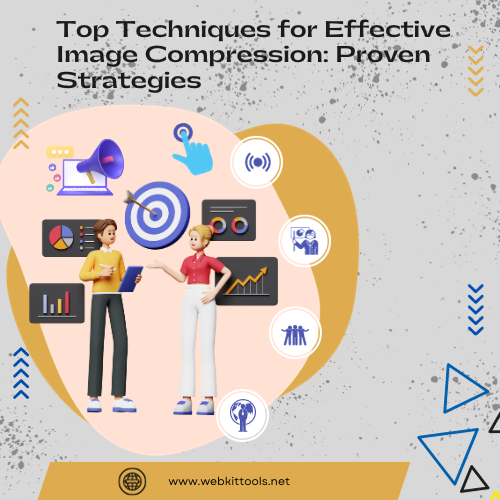Voltage Converter
voltage converter best
Learn how a voltage converter can help you maintain stable power for your devices. Find out everything you need to know about voltage converters here.
Voltage Converters are a lifesaver in today's technologically driven world, where electronic devices are ubiquitous. Understanding their functionality and importance is crucial for anyone dealing with devices that require consistent power input.
What is a Voltage Converter?
A Voltage Converter is an electrical device designed to modify the voltage of an electrical power source, ensuring compatibility between different devices and power supplies.
Importance of Voltage Converters
Voltage Converters play a vital role in ensuring the longevity and functionality of electronic devices by providing stable and consistent power input. They protect devices from potential damage caused by voltage fluctuations and mismatches.
Benefits of Using Voltage Converters
Ensuring Device Compatibility One of the primary benefits of Voltage Converters is their ability to make electronic devices compatible with different power supplies worldwide. This is particularly useful for travelers or individuals working with international devices.
Protection Against Voltage Fluctuations Voltage fluctuations, including power grid issues or electrical storms, can occur for various reasons. Voltage Converters act as a shield, stabilizing the power input to protect sensitive electronic devices from damage.
Convenience and Portability Modern Voltage Converters are designed to be compact and portable, making them convenient for travelers or individuals who frequently move between locations with different power standards.
Applications of Voltage Converters
Traveling Internationally When traveling to countries with different voltage standards, a Voltage Converter is essential for safely using electronic devices without risking damage.
Using Electronic Devices in Remote Areas In remote areas where power supply stability is questionable, a Voltage Converter ensures that electronic devices function optimally without voltage fluctuations.
Industrial and Commercial Use In industrial and commercial settings, Voltage Converters are crucial for maintaining stable power input to sensitive equipment, preventing costly downtime and repairs.
What are the different types of voltage converters?
There are primarily two voltage converters: step-up converters and step-down converters. Step-up converters increase the voltage from the input to the output, while step-down converters decrease the voltage.
How do I know which voltage converter I need?
To determine the right voltage converter for your needs, consider the wattage requirements of your electronic devices and the voltage standards of the country you're in. Choose a converter with a wattage capacity higher than the total wattage of the devices you plan to use simultaneously.
Can I use a voltage converter for all electronic devices?
While voltage converters are suitable for most electronic devices, there are exceptions. Devices with built-in voltage regulators, such as some laptops and smartphones, may not require a voltage converter. Always check the device's specifications and manufacturer guidelines to ensure compatibility.
Are voltage converters safe to use?
When used correctly and within their specified limits, voltage converters are safe. However, it's essential to avoid overloading the converter, using incorrect voltage settings, or using it with incompatible devices, as these actions can lead to damage or safety hazards.
Can I use a voltage converter for long periods?
Yes, voltage converters can be used for extended periods, provided they are of good quality and within their specified limits. However, it's essential to monitor the converter for signs of overheating or malfunction and follow manufacturer guidelines for maintenance and usage.














